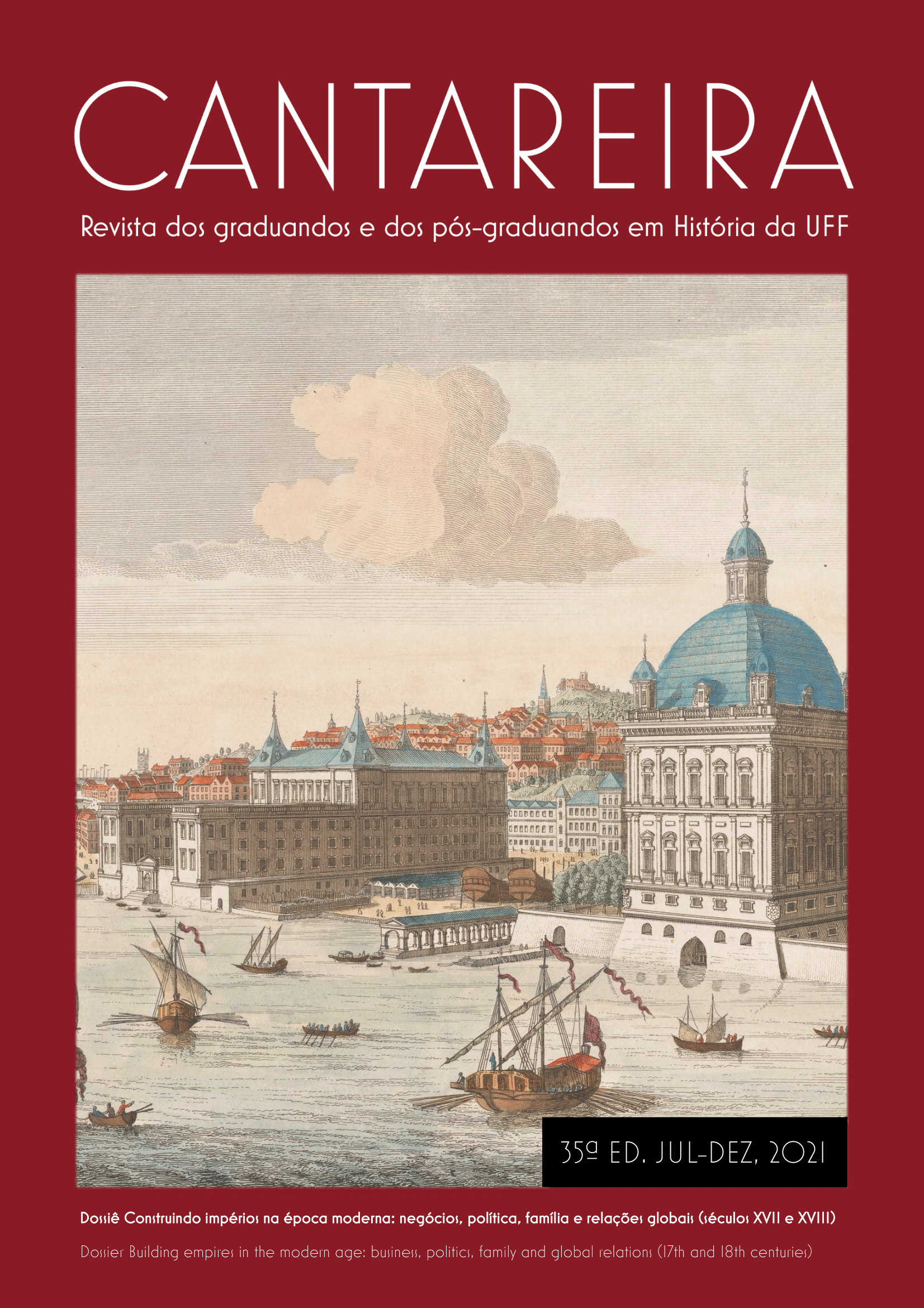“Would it be the end of prejudice?”: the military dictatorship, Itamaraty and Brazil's first black female diplomat
Keywords:
Military Dictatorship, Itamaraty, Racial democracy mythAbstract
Historically, access to diplomatic career in Brazil has been restricted to a few, usually white men belonging to the national elite. Studying the career of diplomats who don’t fit Brazilian diplomacy’s standard profile can, thus, help to understand the structures that guide the selection process for these cadres. Mônica de Veyrac (1957-1985), Itamaraty's first female black diplomat, entered the Rio Branco Institute in 1979. At the time, the agency was targeted with several criticism: the press claimed that the career selection process was discriminatory; Abdias do Nascimento, an intellectual and activist, argued that Itamaraty was racist. The Brazilian military dictatorship, to challenge the critics, used the approval of Mônica de Veyrac, publicizing her image, internally and externally, as an example of Brazilian “racial democracy”. Nevertheless, her brief career was an exception to the rule; the composition of Brazilian diplomacy has little changed, and affirmative action policies are a fundamental element for this change.
Downloads
Downloads
Published
How to Cite
Issue
Section
License
Autores que publicam nesta revista concordam com os seguintes termos:- Autores mantém os direitos autorais e concedem à revista o direito de primeira publicação, com o trabalho simultaneamente licenciado sob a Licença Creative Commons Attribution que permite o compartilhamento do trabalho com reconhecimento da autoria e publicação inicial nesta revista.
- Autores têm autorização para assumir contratos adicionais separadamente, para distribuição não-exclusiva da versão do trabalho publicada nesta revista (ex.: publicar em repositório institucional ou como capítulo de livro), com reconhecimento de autoria e publicação inicial nesta revista.
- Autores têm permissão e são estimulados a publicar e distribuir seu trabalho online (ex.: em repositórios institucionais ou na sua página pessoal) a qualquer ponto antes ou durante o processo editorial, já que isso pode gerar alterações produtivas, bem como aumentar o impacto e a citação do trabalho publicado (Veja O Efeito do Acesso Livre









